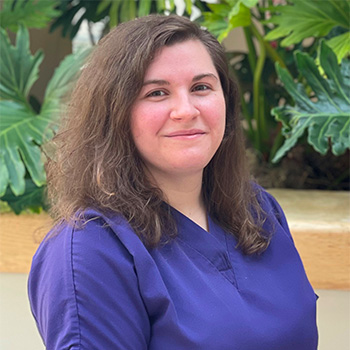
By Kaila Morin, PT, DPT
Gaylord Specialty Healthcare Physical Therapy
A concussion is a mild traumatic brain injury that can affect how your brain works. We hear a lot about sports-related concussions. It’s not uncommon to learn of a professional athlete sustaining a head injury during a football or hockey game. In some cases, we may follow the team or the athlete, and learn of the process they’re taking for return to play. Eventually, the athlete returns to their sport and, hopefully, their recovery is effective and there are no further symptoms presented as a result of their concussion.
The truth is concussion management isn’t that simple, and sports-related injuries aren’t the only way a patient can sustain a concussion. Older adults are prone to concussions as well and, unfortunately, are often missed or misdiagnosed since concussion symptoms can mimic other medical conditions common in older adults like dementia. Any older adult who has experienced a fall or been in a car accident should be immediately checked for a concussion. This is especially important if the person is taking blood thinners as they can increase the risk of brain bleeding following an injury.
Older adults, like athletes, should follow return to play guidelines before returning to regular activities. But concussion management doesn’t stop there.
Post-Concussion Syndrome or Post Concussive Symptoms (PCS) is a medical problem that persists for a period of time after a head injury has occurred. In some patients, PCS can last weeks; in others, it may be months. Headaches, dizziness, sleeping problems, depressed mood, irritability, anxiety, cognitive problems are all signs of PCS and can affect all aspects of a patient’s daily life, including relationships, ability to work or be employed, completing household chores, driving and/or participating in daily activities.
PCS should not be ignored.
Physical Therapy plays an important role in PCS rehabilitation. A physical therapist with experience in concussion rehabilitation can support patients through habituation training, exposure therapy, migraine provocation monitoring, anxiety management, balance training, and/or referral to other disciplines for further support.
You are not alone.
This content is for educational purposes only and is meant to provide general information. It is not a substitute for professional medical advice, diagnosis, or treatment. Always consult your healthcare provider with any questions or concerns about your health. In case of a medical emergency, contact your doctor or call 911 right away.
Related posts

